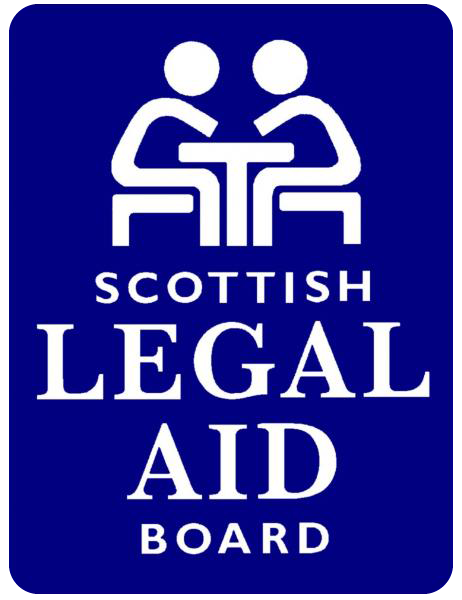The European Commission has proposed new rules for more effective and widespread confiscation of funds and other property acquired through crime.
At present, the amounts recovered from organised crime are modest if compared to the huge revenues generated by illegal activities such as drug trafficking, counterfeiting, human trafficking and small arms smuggling.
According to UN estimates, the total amount of criminal proceeds generated in 2009 may have been approximately $2.1 trillion, or 3.6% of global GDP in that year. While most of this money is laundered and reinvested into the legal economy, currently less than 1% of the proceeds of crime are frozen and confiscated.
In the EU the profits derived from organised crime are substantial. For example, EU sales of illicit drugs generate an estimated €100 billion per year.
In the United Kingdom in 2006 organised criminal revenue was estimated at £15 billion. In the same year, £125 million were recovered by the state.
The EC proposal will enhance the ability of Member States to confiscate assets that have been transferred to third parties. It will make it easier to confiscate criminal assets even when the suspect has fled, and will ensure that competent authorities can temporarily freeze assets that risk disappearing if no action is taken.



